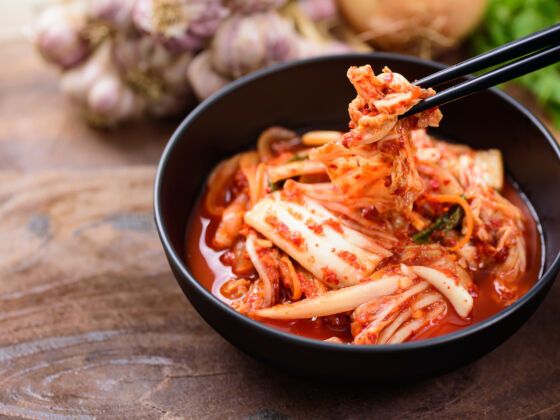I was riding one of those pimped out intercity buses you can get for an extra W5000 — the ones with wide seats that can recline to almost horizontal. The woman seated next to me turned and piled a half dozen peeled tangerines in my lap. I nodded my thanks, and bit into a section.
-
- “Mashissoyo,” I said.
Delicious
- .
The woman smiled and began tucking into some herself. It was not important to her that I was grateful, but that she had given and shared. While I knew she was not looking to gain in return, I was sad not to have something to give her.
